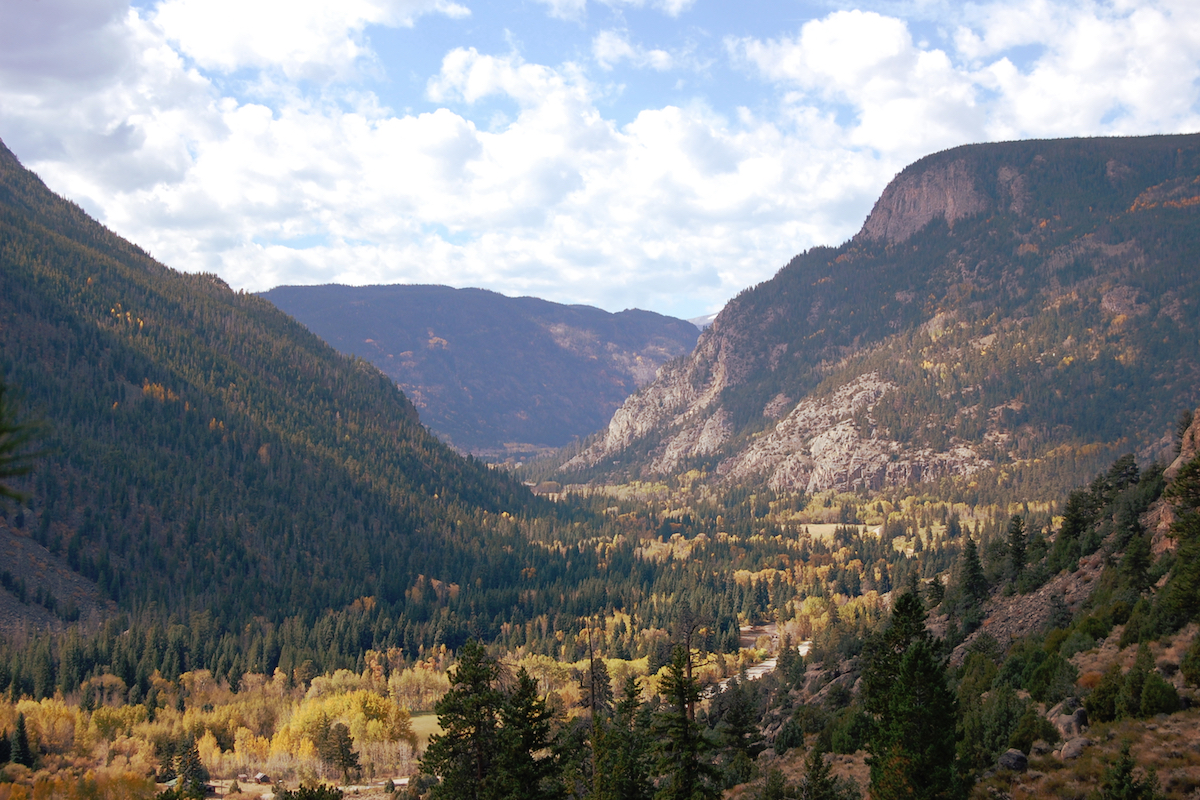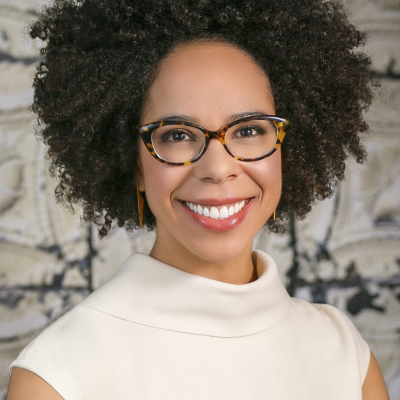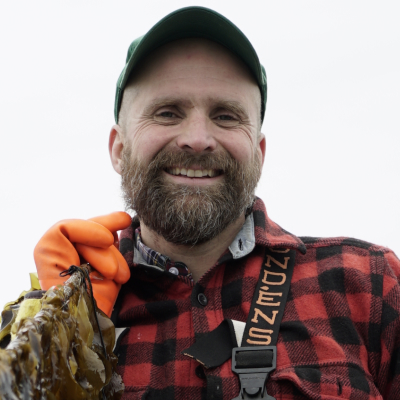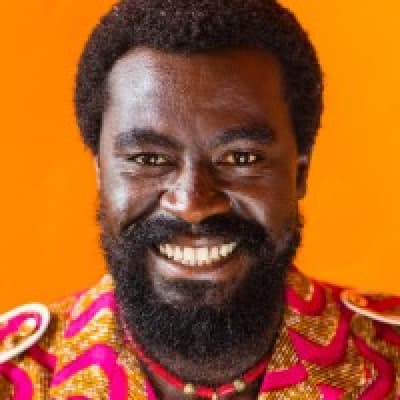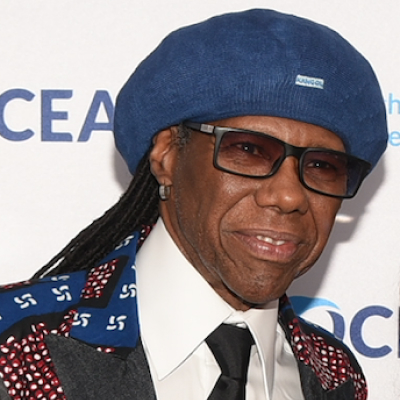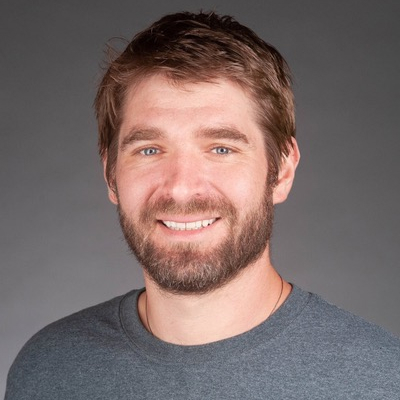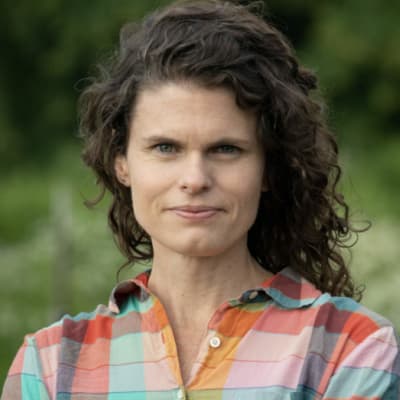Earlier this month, David and I visited Pueblo, Colorado for the first time. David had been asked to give a talk on behalf of his family at the Colorado Fuel & Iron Company (CF&I) where in the early 1900s his grandfather (John D. Rockefeller Jr.) was a majority owner. We often travel to Colorado in the winter, flying from New York to Denver and then onto Aspen to stay with friends. It’s an uneventful trip, a bit tiring depending on how long the layover or delays are, but it’s what we’ve done for the past ten years. We would have kept on doing our trip that way, had I not been sitting on cloudy Sunday with my 91 year-old father a few weeks before our trip.
“Just take your time,” he said, with a certain seriousness that had me really take his words to heart. “Drive from Pueblo to Aspen and absorb the small towns and beauty along the way.”
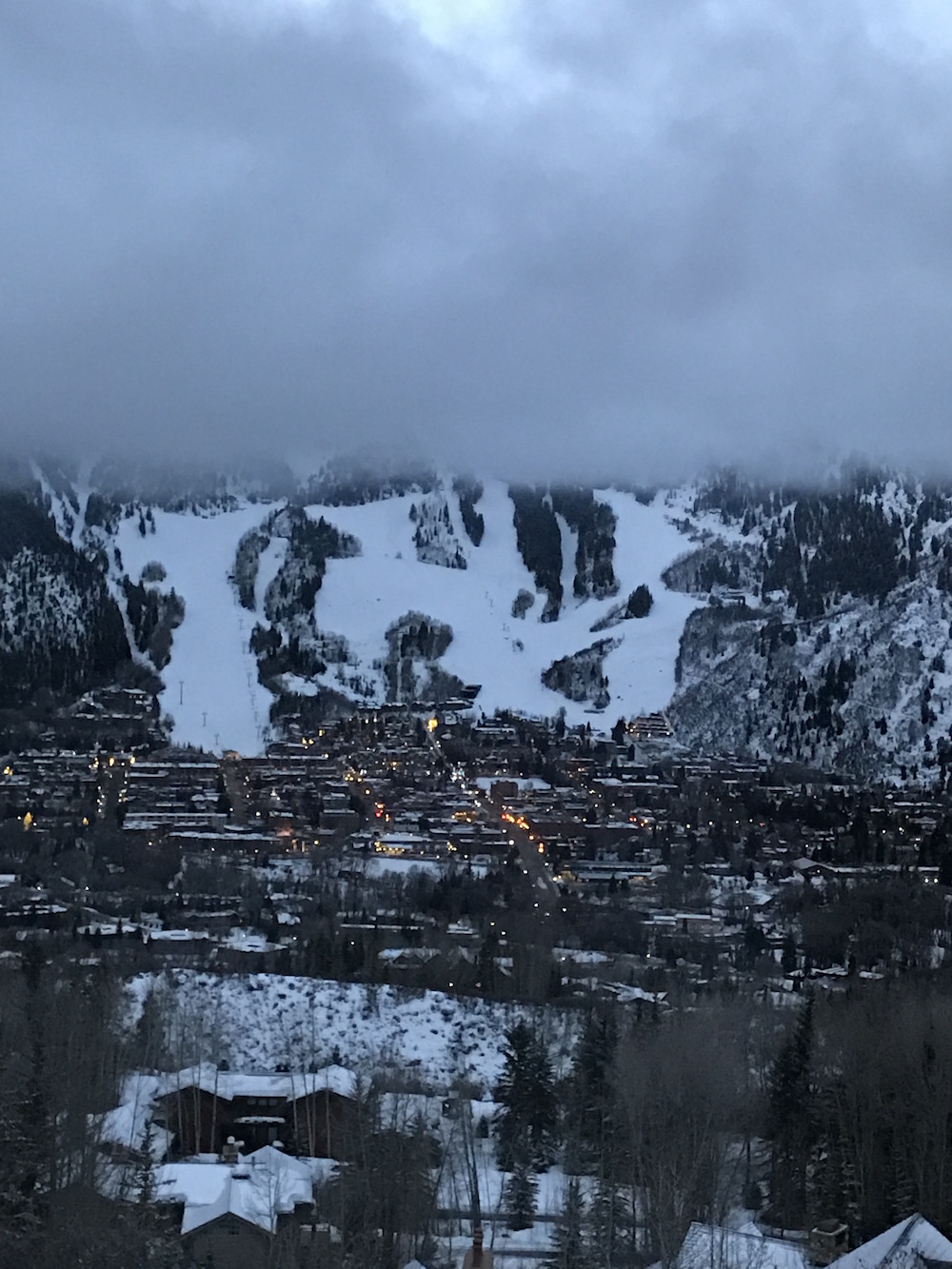
via Susan Rockefeller
My father studied geography in college and spent a good part of his life involved in business acquisitions across America and so there’s barely a patch of dirt or concrete he hasn’t set foot on and he was, in a sense, the first wanderer I knew. He’s now wheelchair bound from a series of strokes and has learned how to be engaged and present when your life isn’t what it once was, and when your familiar patterns have been lost. From this place of hard-earned wisdom, he was encouraging us to change the habitual pattern.
And so we did.
We spent two days in Pueblo learning about the infamous 1914 Ludlow Massacre where the Colorado National Guard and CF&I camp guards attacked a tent colony of striking coal miners. Two women and eleven children died. The massacre outraged the nation and initiated many of the labor reforms we see today including airing of grievances, company-sponsored unions, and improved living conditions in company towns.
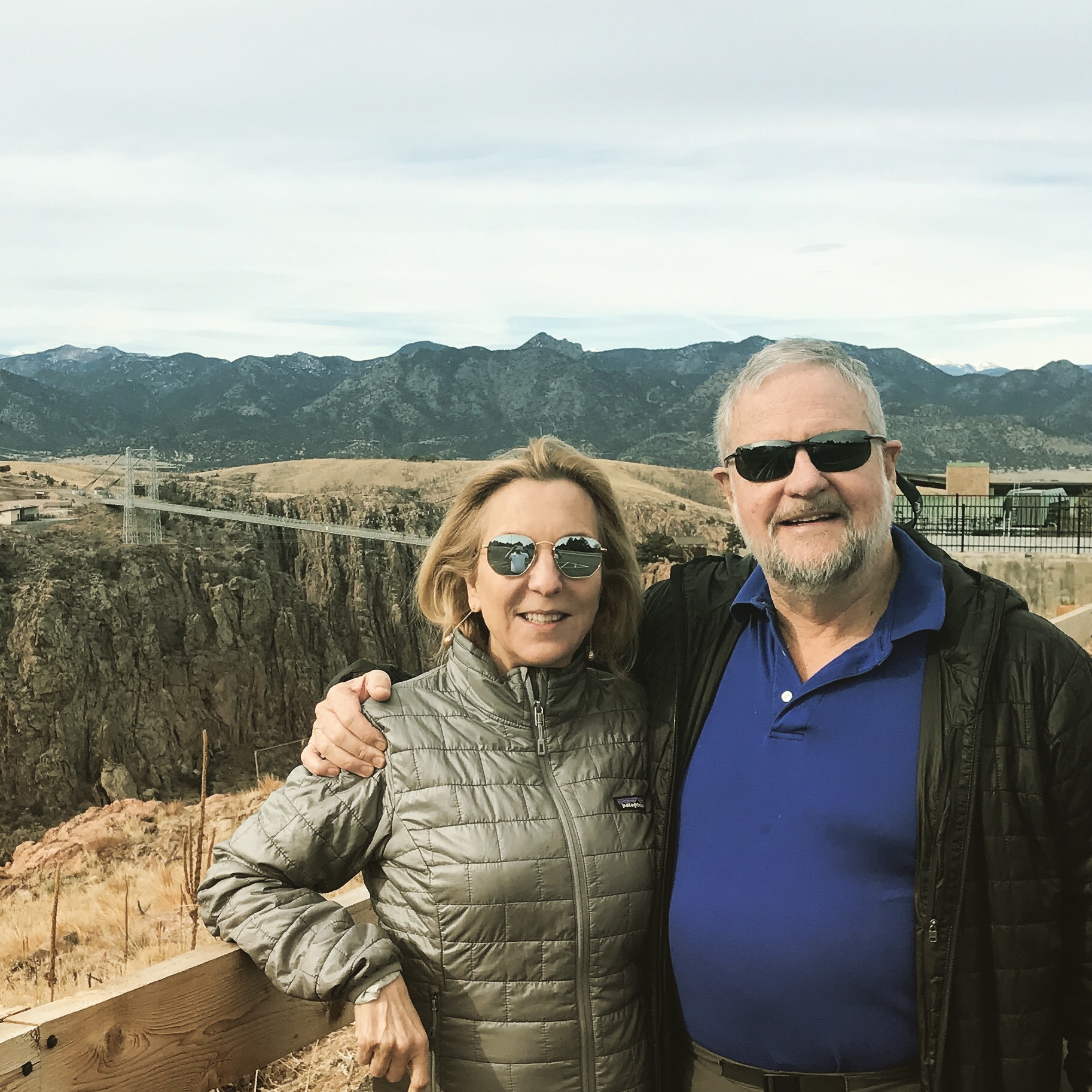
via Susan Rockefeller
David’s speech was part of a fundraiser for the Steel Mill Works (a non-profit historical museum and archive center focused on the history of CF&I) as well as a celebration of Pueblo’s contribution to American industry in the West. He spoke about how the massacre was a wakeup call that shaped his grandfather’s direction in addressing labor and human rights in addition to his philanthropy.
After the speech our driver, who worked for the local funeral home in Pueblo, mentioned that he would be delighted to drive us the 300 miles to Aspen.
This is a sign, I thought, to follow the path of the wanderer and affirm my father’s suggestion to take time and see more of Colorado.
And that is what we did.
What follows are some photos of towns and landscapes we saw from Buffalo to South Park City through Alma and up and over the Hoosier Pass. We definitely chose the road less traveled! And for this time, in our comings and goings, it made all the difference.
To wander frees up the mind to wonder over and connect more deeply with the landscape, ranches, small towns, and cities that surround us.
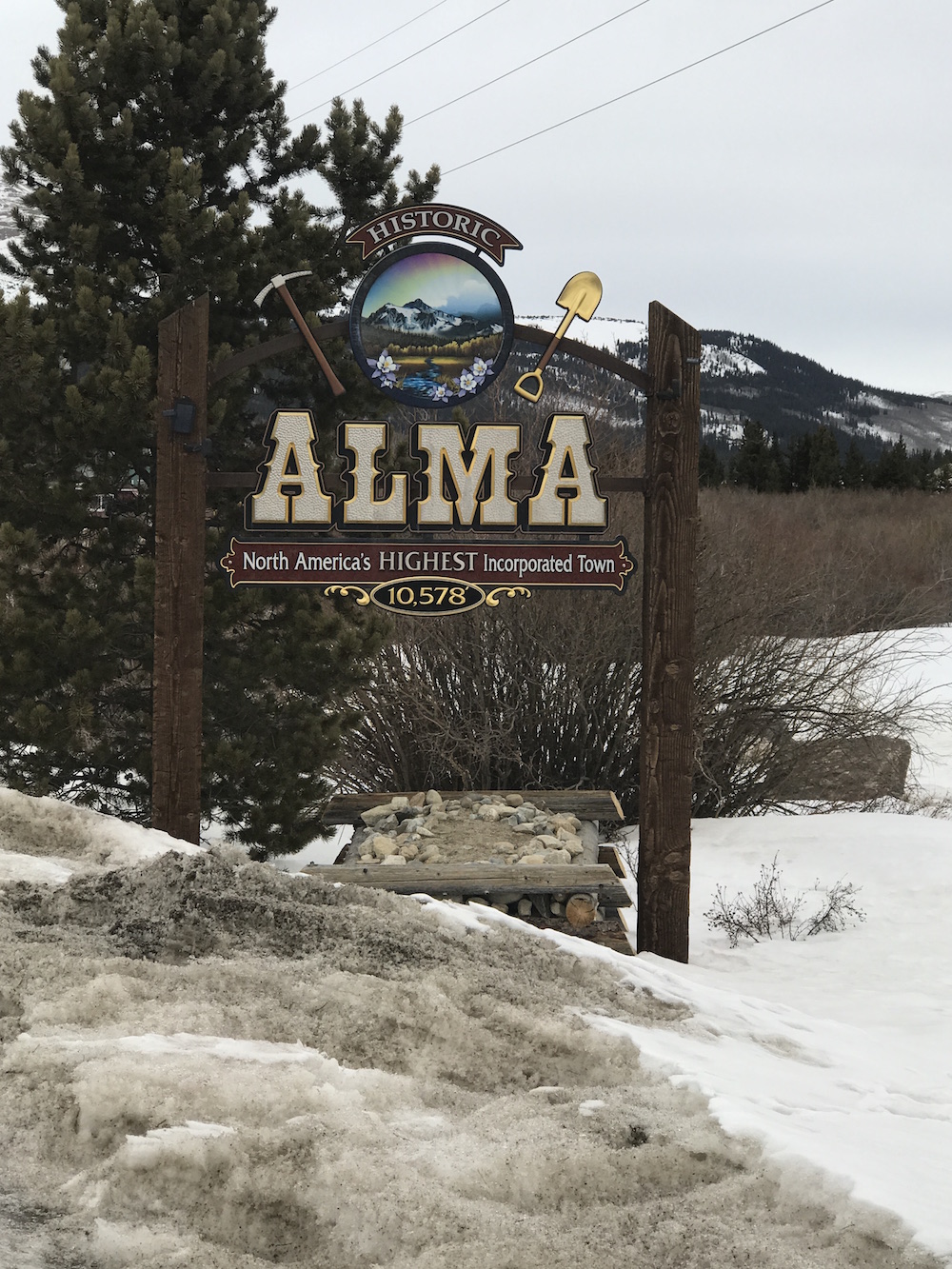
via Susan Rockefeller
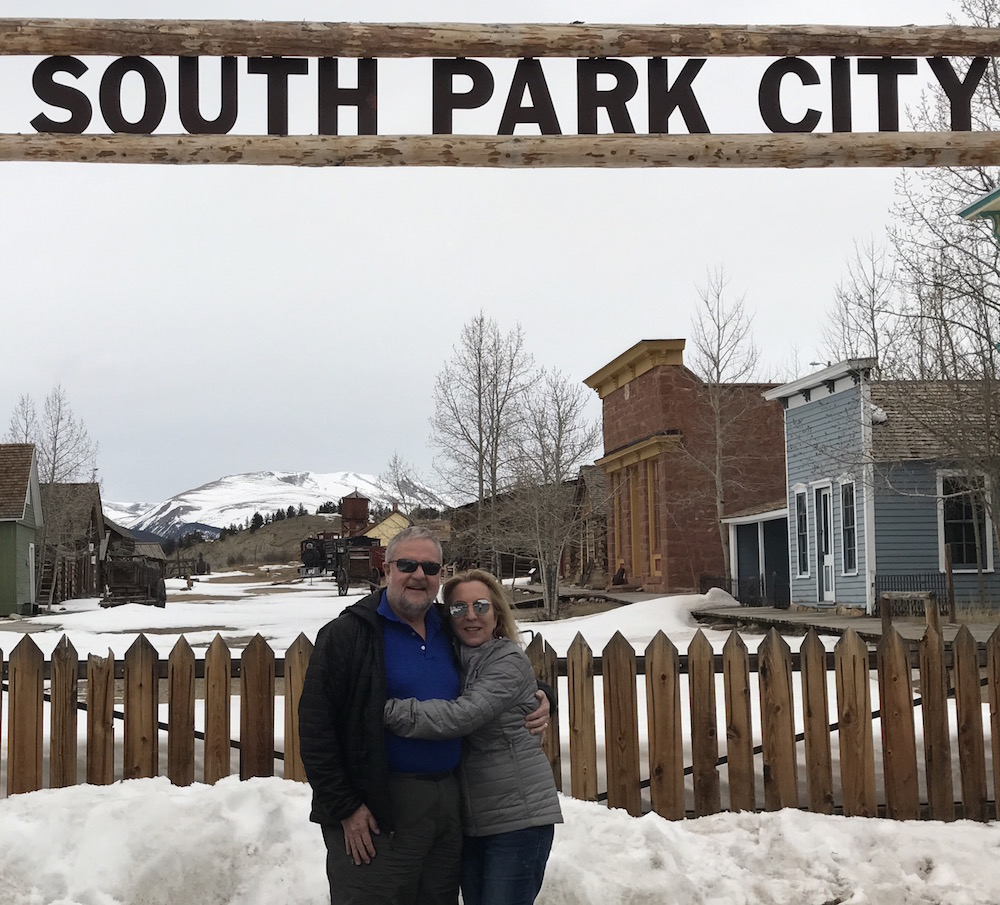
Via Susan Rockefeller
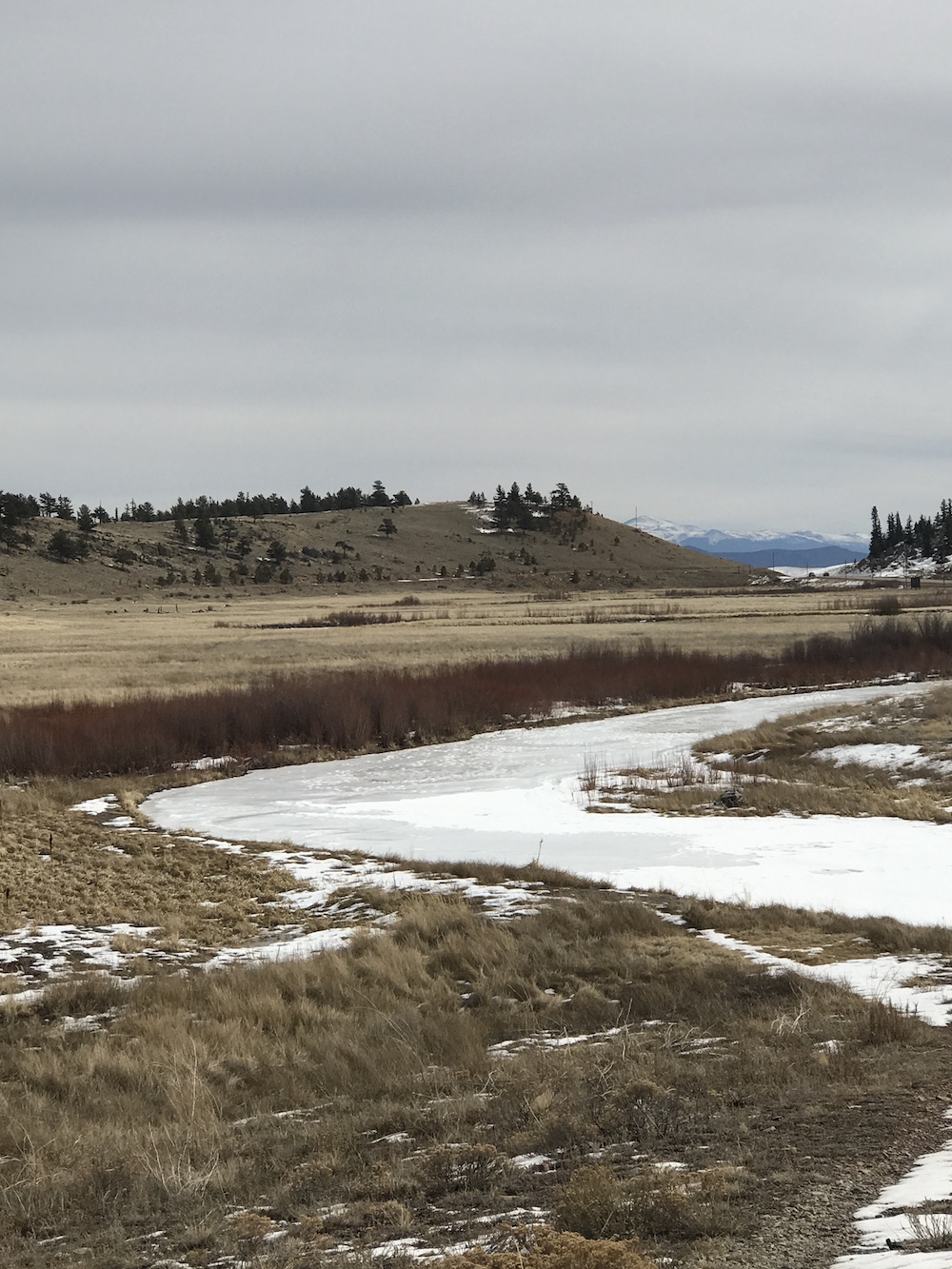
via Susan Rockefeller
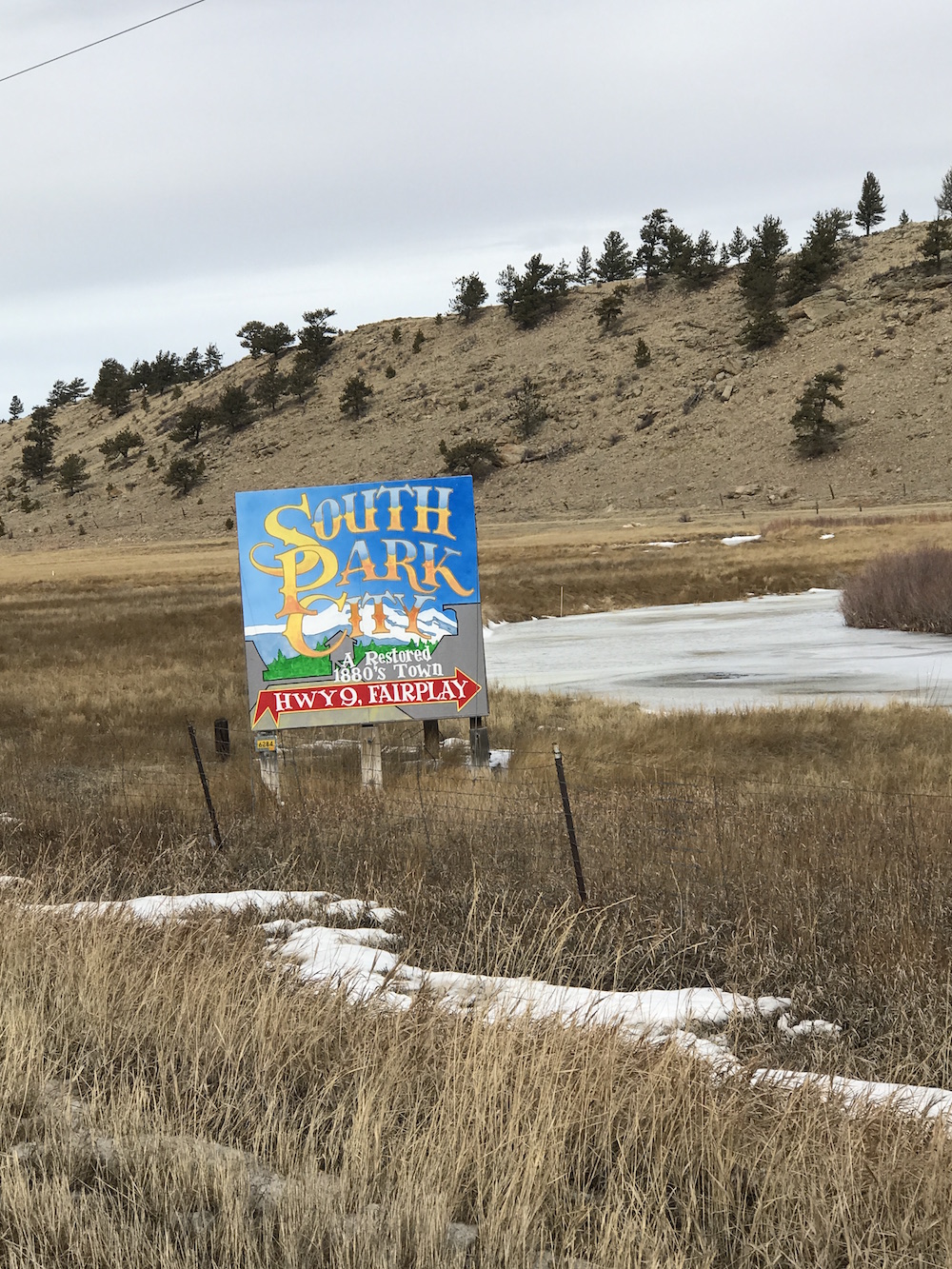
via Susan Rockefeller
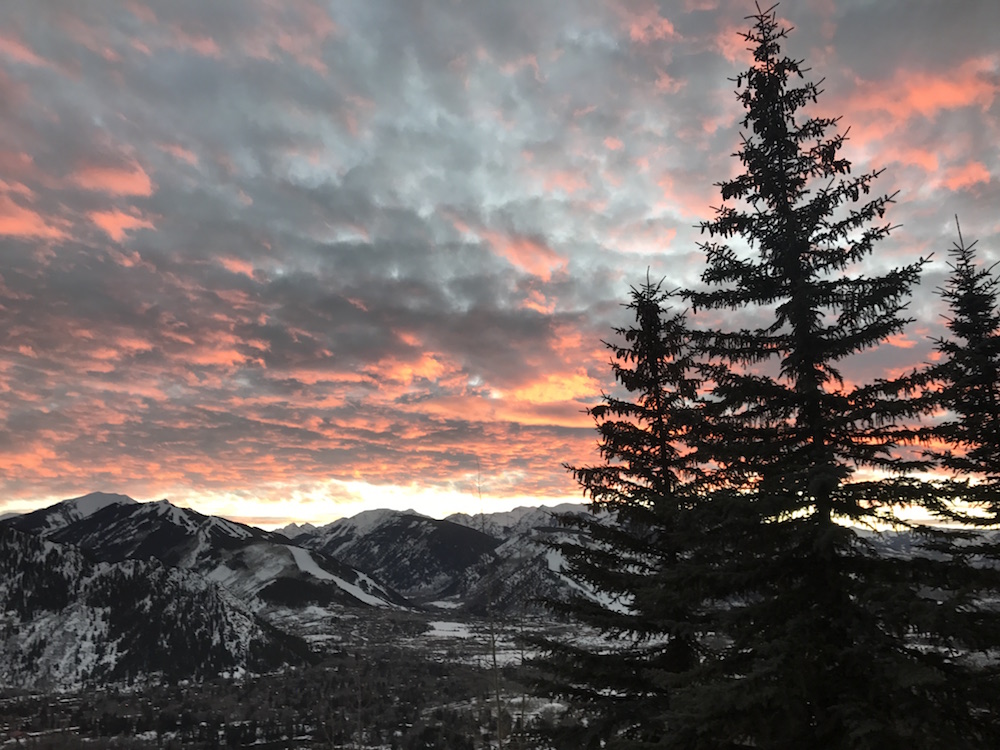
via Susan Rockefeller
Wandering is being open to the unknown, and building the ability to be more present. For me, wonder moves me toward gratitude. Gratitude to see land and big sky. To breath in the air and the feel free of the habitual. To see snow-laden mountains and antelope, buffalo, deer, and mountain sheep. Wandering can have a purpose, a destination. But it’s not the destination that matters so much as the way that we choose to arrive.

